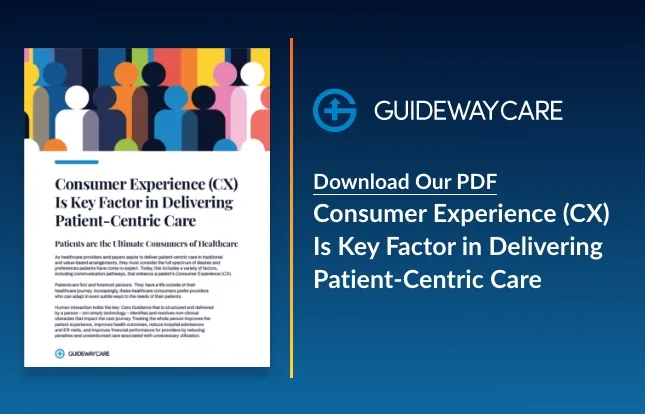5 Ways CMS’ BPCI Advanced Model Will Impact Your Practice

The Centers for Medicare and Medicaid Services created the Bundled Payments for Care Improvement Advanced (BPCI Advanced) model to improve the quality of care and reduce costs. In this model, providers receive a set payment to cover all services associated with a particular episode of care.
Read more: What is BPCI (Bundled Payments for Care Improvement)?
In cancer care, providers must coordinate services to ensure the highest quality of care for the patient while staying within their established budget. Here are five ways that BPCI Advanced will impact your practice:
1. More Coordination and Collaboration
Providers will need to work together more closely than ever to utilize the provided funds and get the best patient outcome. Providers must communicate more frequently and build stronger relationships to provide optimal patient care.
For example, cancer patients often require multidisciplinary care, including visits with specialists or radiologists. Providers must collaborate to ensure funds are used appropriately and coordinate care among multiple providers.
2. Increased Care Management Responsibilities
Providers will need to plan for the entire episode of care and ensure that all services are provided within the allotted budget. This includes care coordination between providers, overseeing patient education and self-management support, and conducting regular progress reviews. CMS is also encouraging the use of telehealth to reduce costs and increase access to care for patients in rural areas or with limited mobility. The participating practices will need to develop systems that ensure that the interdisciplinary team is aware of all services provided during the episode of care and can track the quality of care being provided. They will also need to monitor the results of the episode to make sure that any necessary changes are made to improve patient outcomes.
3. Risk-Sharing Arrangements
The BPCI Advanced Model includes risk-sharing arrangements between the participating practices and CMS. Practices will be required to share in the cost of any services that exceed the budget allocated for an episode of care while sharing in any savings if they can provide quality care under the budget. This encourages providers to control costs and ensure quality care is provided. Additionally, participating practices must develop systems that can accurately track utilization patterns to predict cost and adjust the care plan accordingly. In oncology, for example, providers will need to be aware of the total cost of therapy so that they can adjust doses or switch medications if necessary.
4. New Quality Metrics
The BPCI Advanced Model requires participating practices to meet specific quality metrics to receive full-service payment. The quality metrics are part of a performance-based payment system, where practices that meet and exceed the benchmarks will be rewarded financially. The specific quality metrics will vary depending on the care plan chosen by the practice but may include measures such as patient safety, readmission rates, and care coordination. Practices must collect data to demonstrate that they meet these quality metrics and provide regular reports to CMS. This will require practices to invest in data collection systems, which can be challenging for smaller practices. However, meeting the quality metrics is essential to taking full advantage of the BPCI Advanced Model.
5. Reportable Outcomes
The BPCI Advanced Model also requires practices to document and report on various outcomes, such as patient satisfaction, healthcare patient engagement, and care transitions. Practices must track these outcomes to demonstrate that they provide quality care and meet the program’s standards.
Call Guideway Care to use the BPCI Advanced Model and get the financial rewards of performance-based payment. We have an experienced team that can help you develop data collection systems, monitor outcomes, and ensure that you meet quality metrics for success in the model.
Contact Us Today To Learn How We Can Help
"*" indicates required fields




